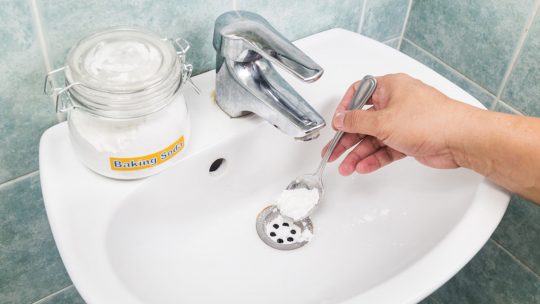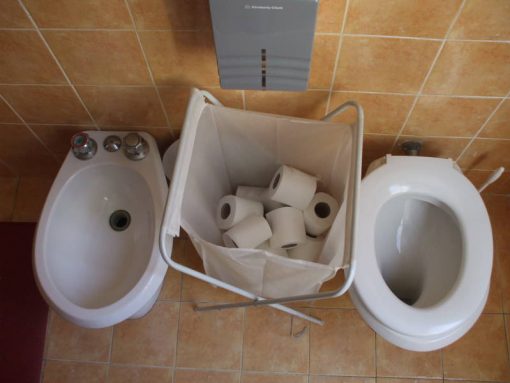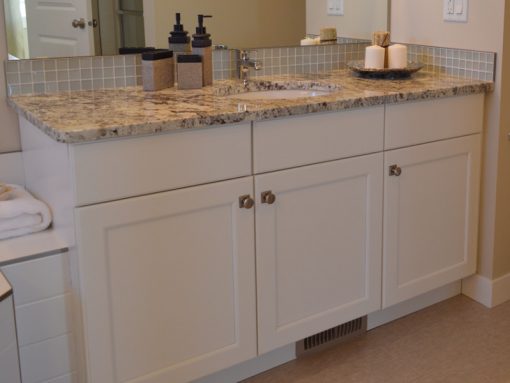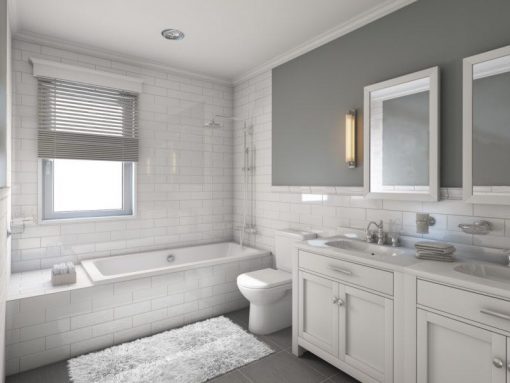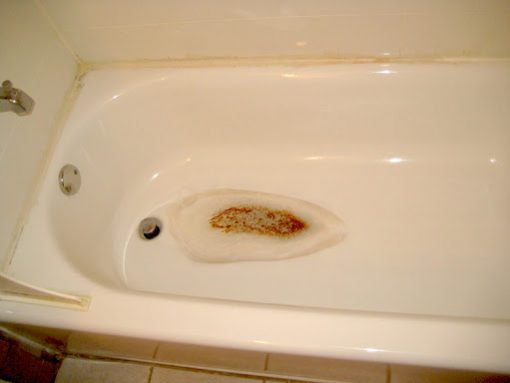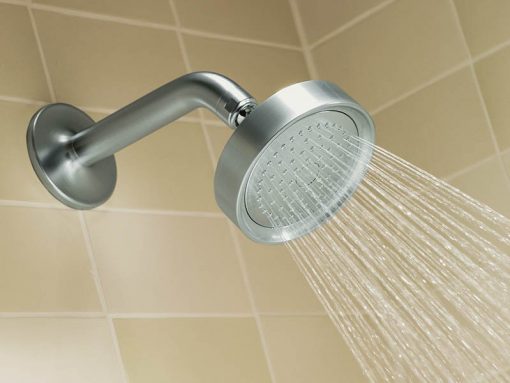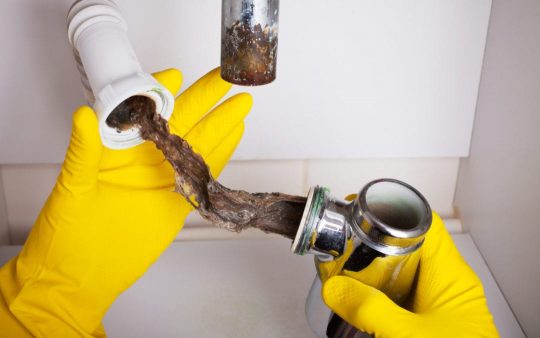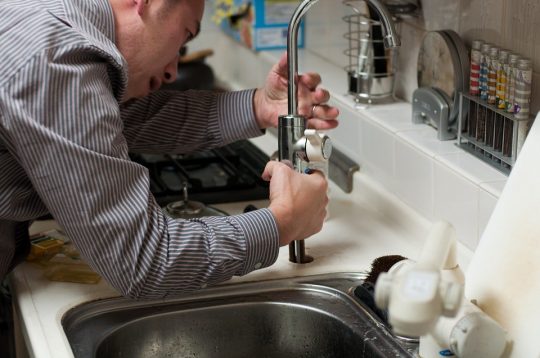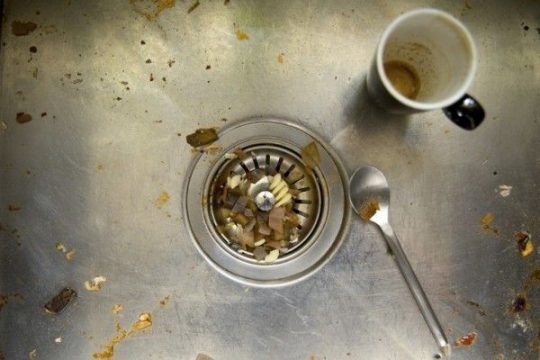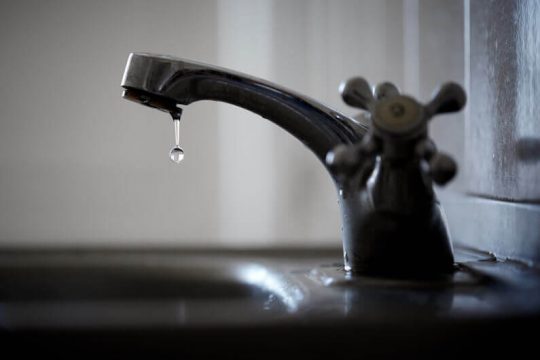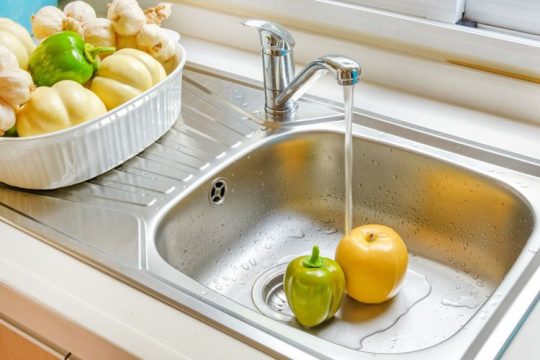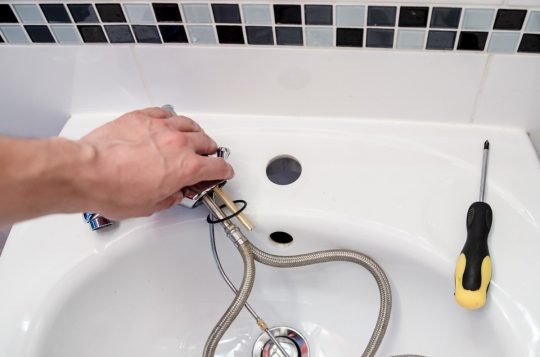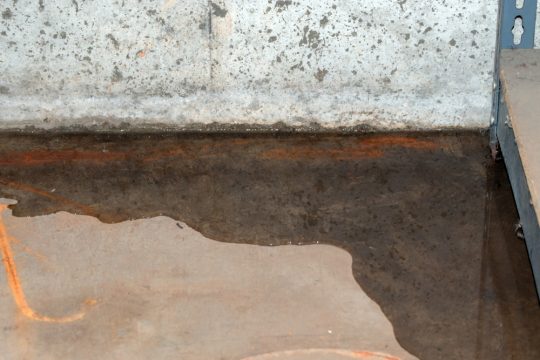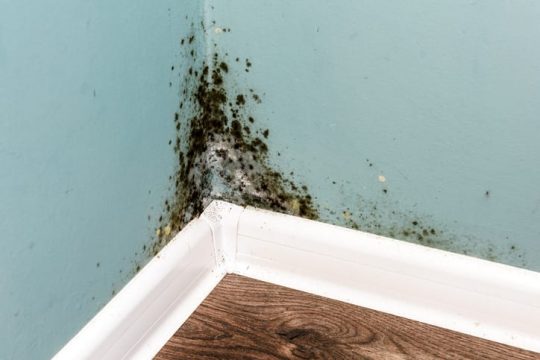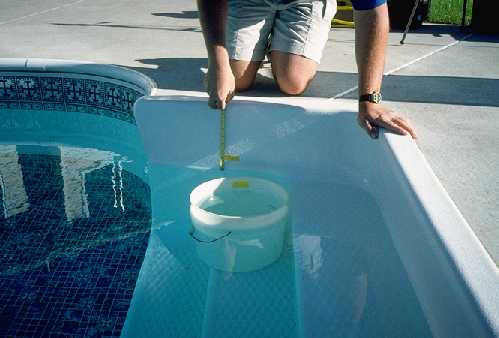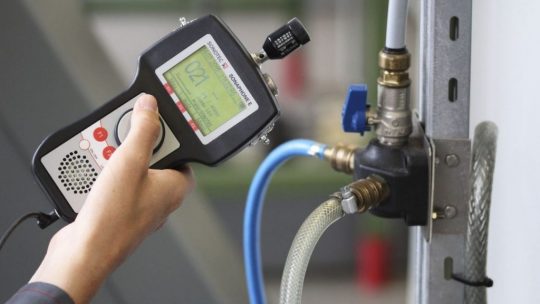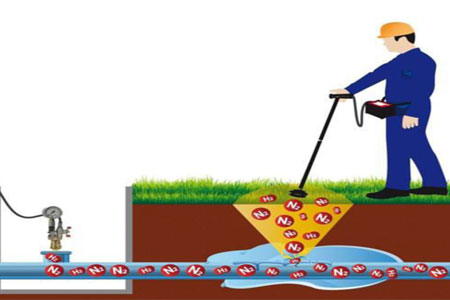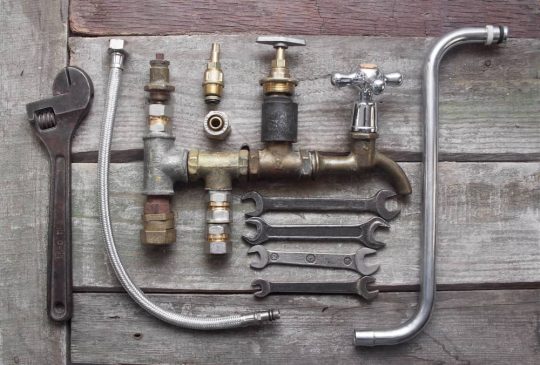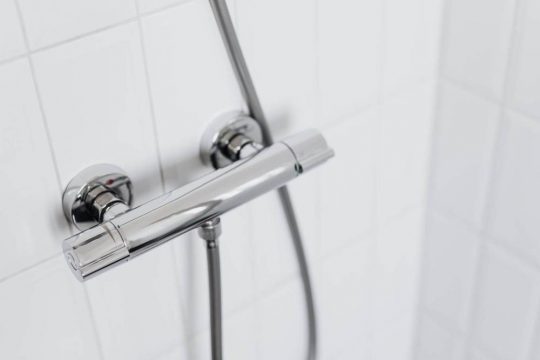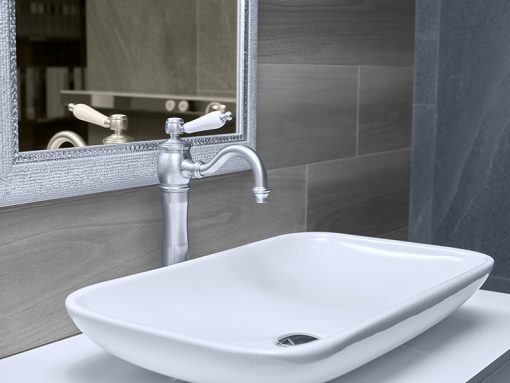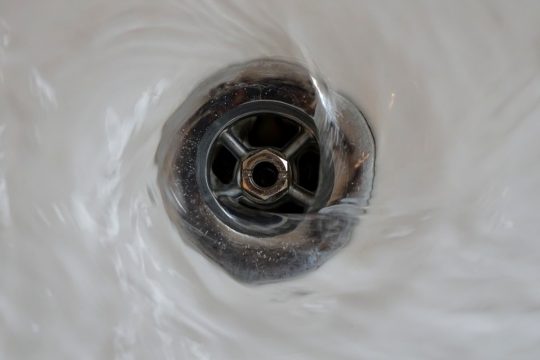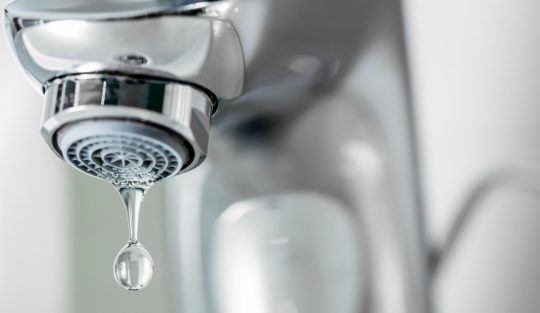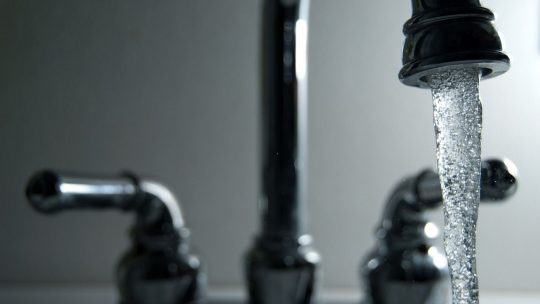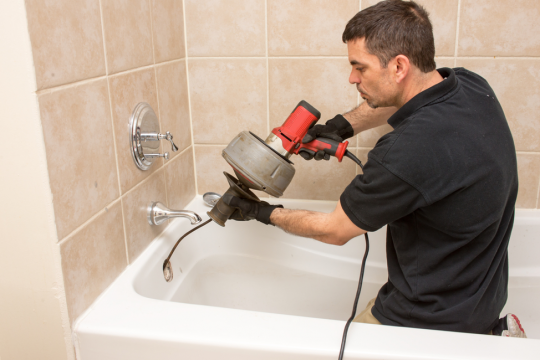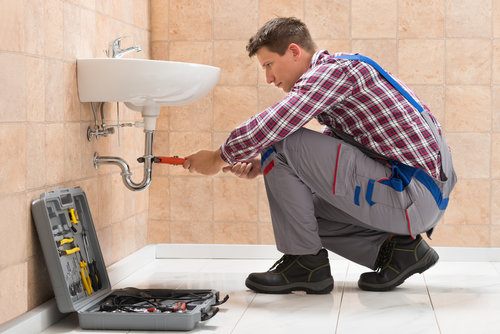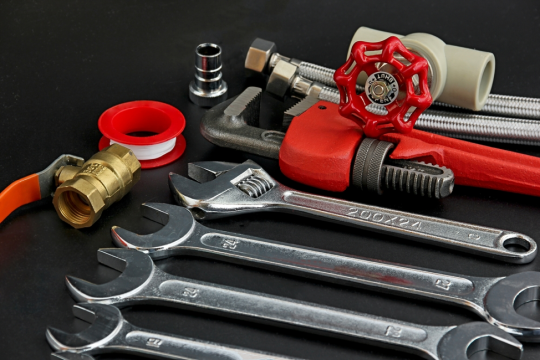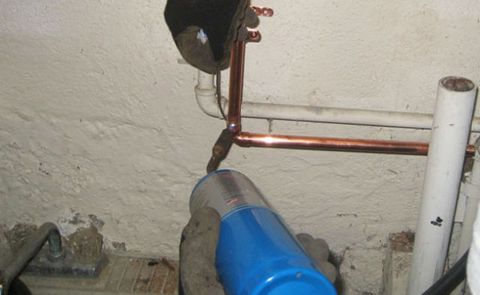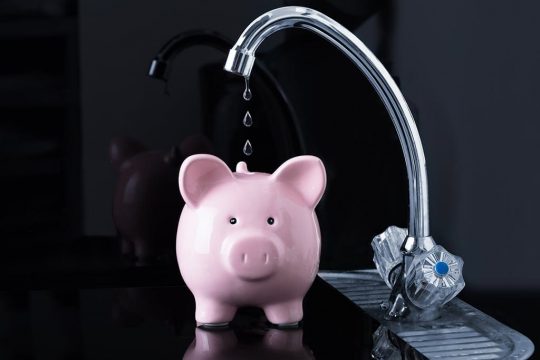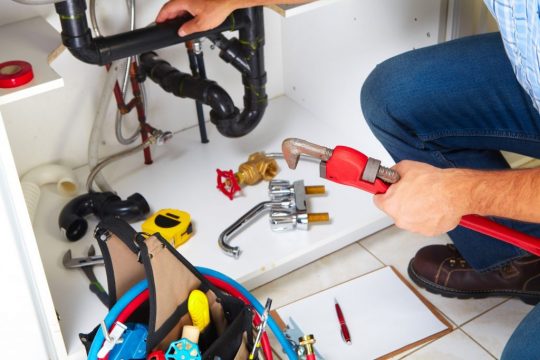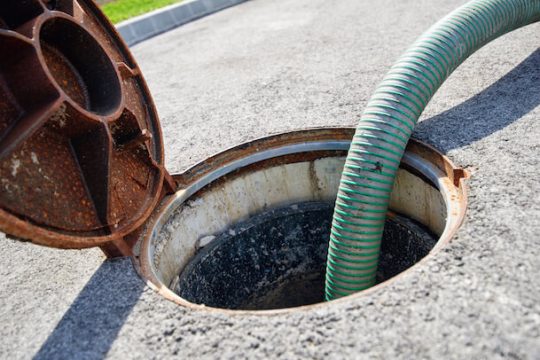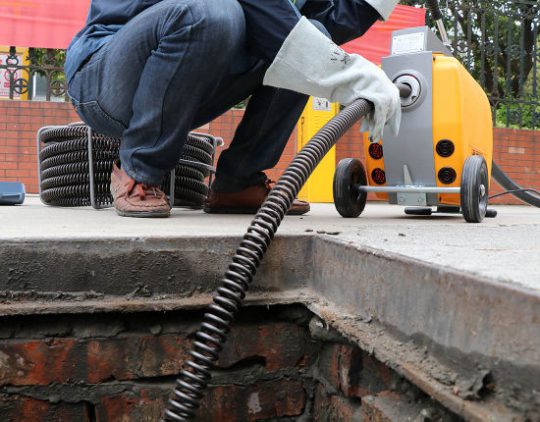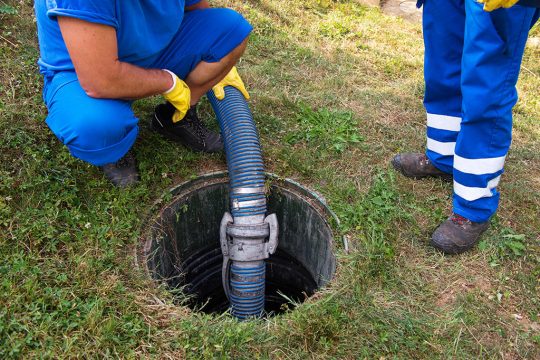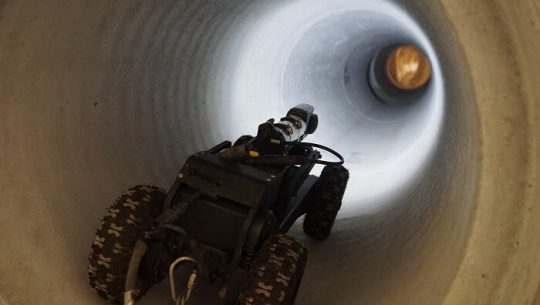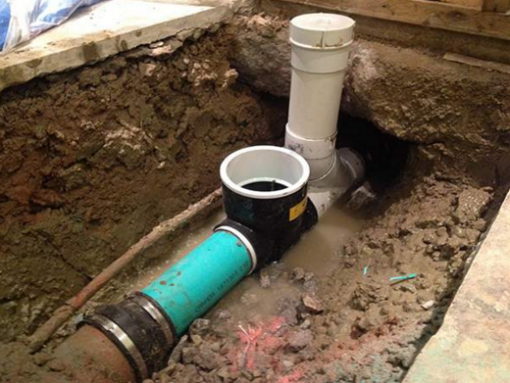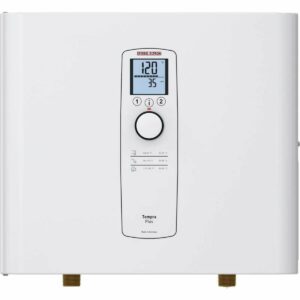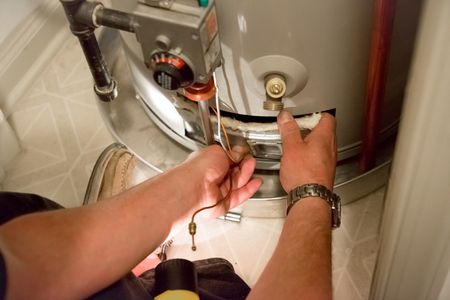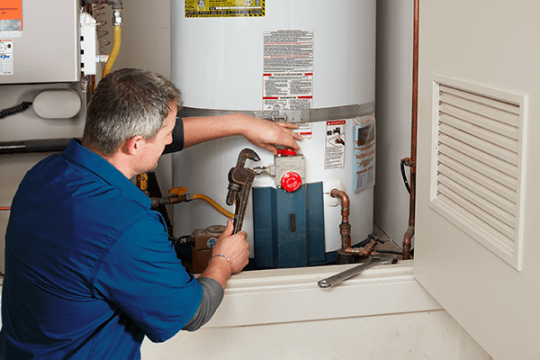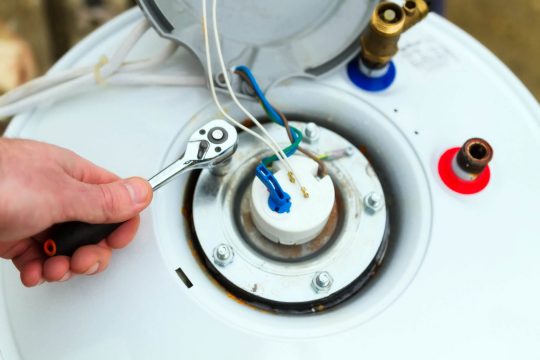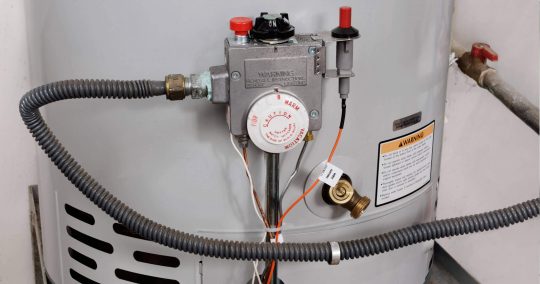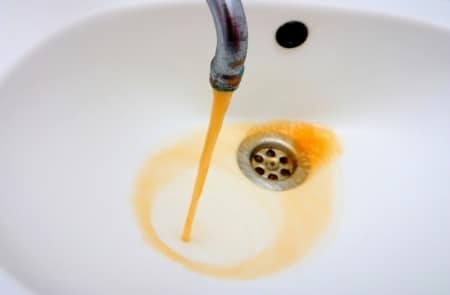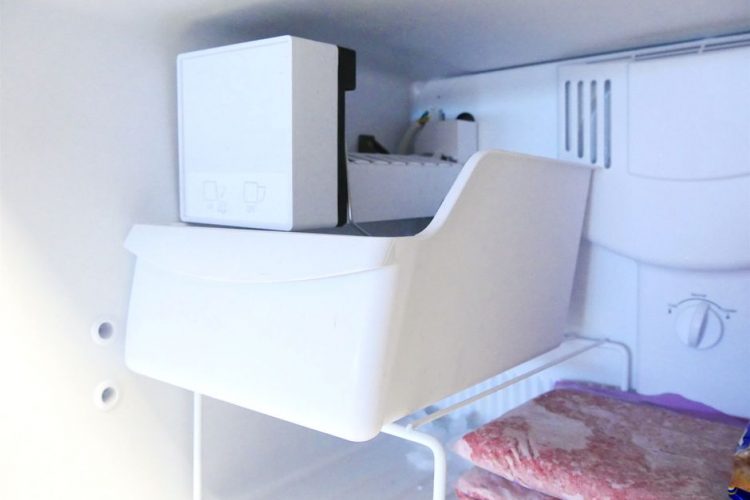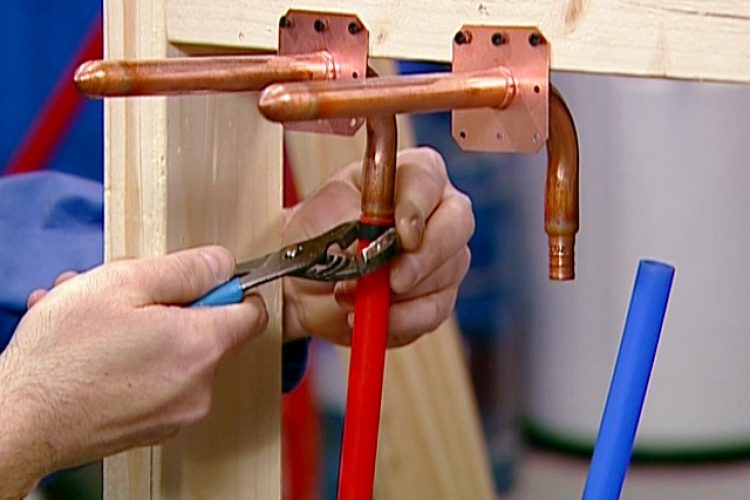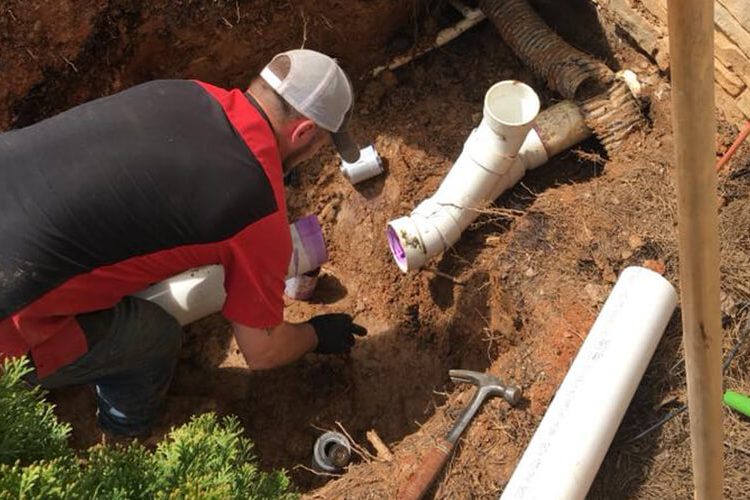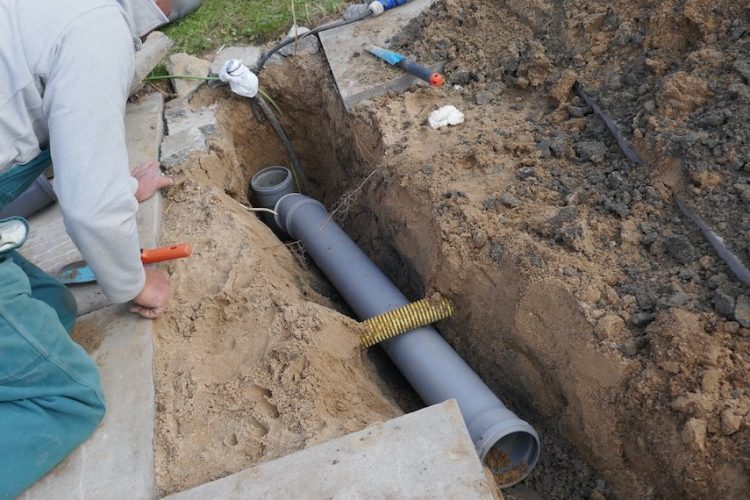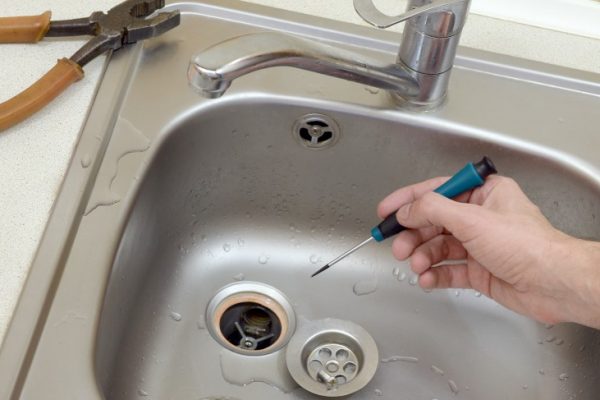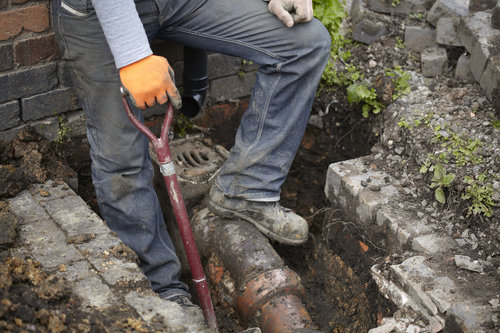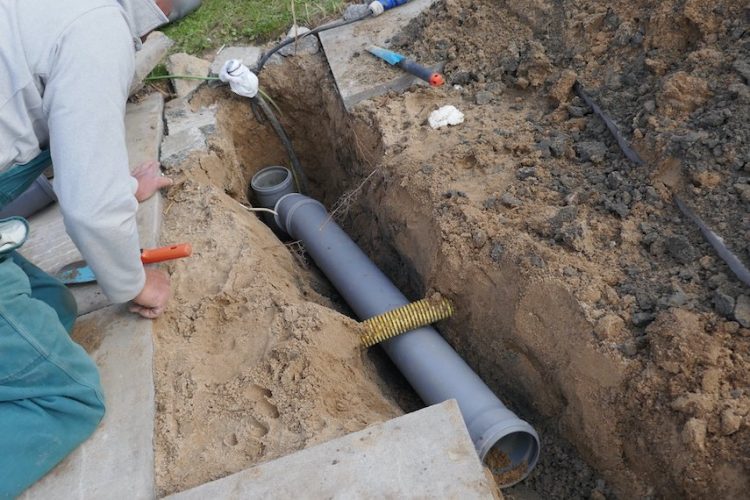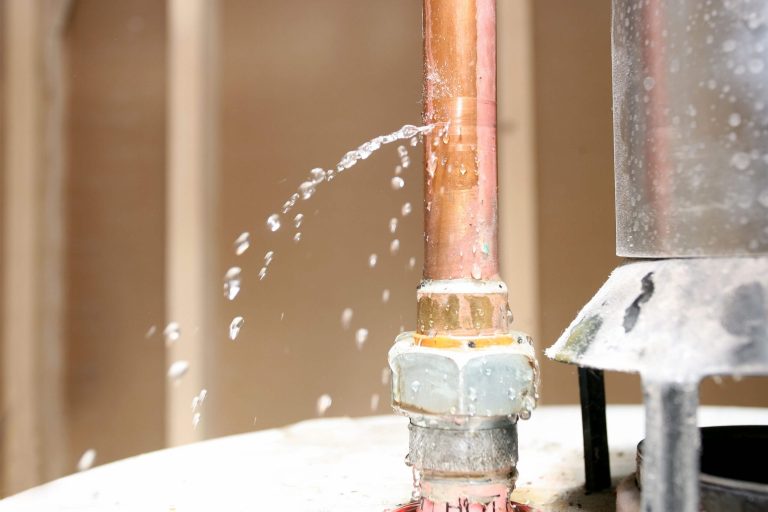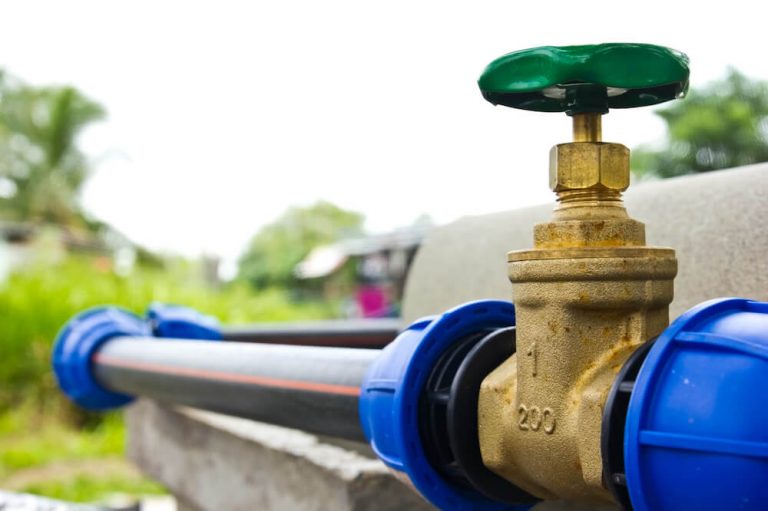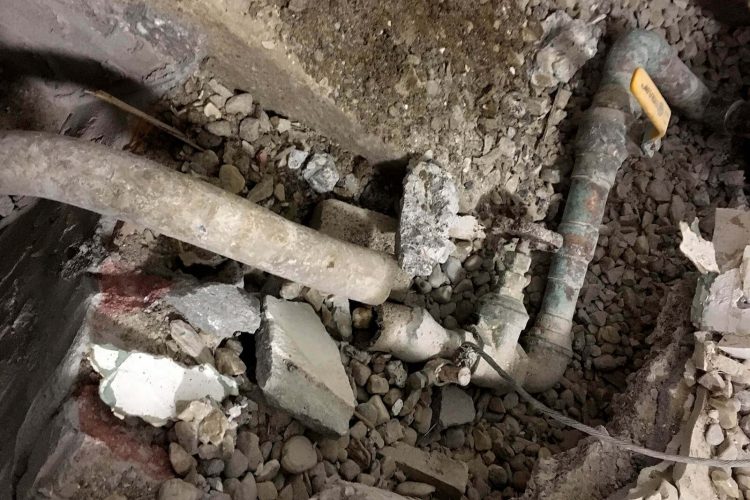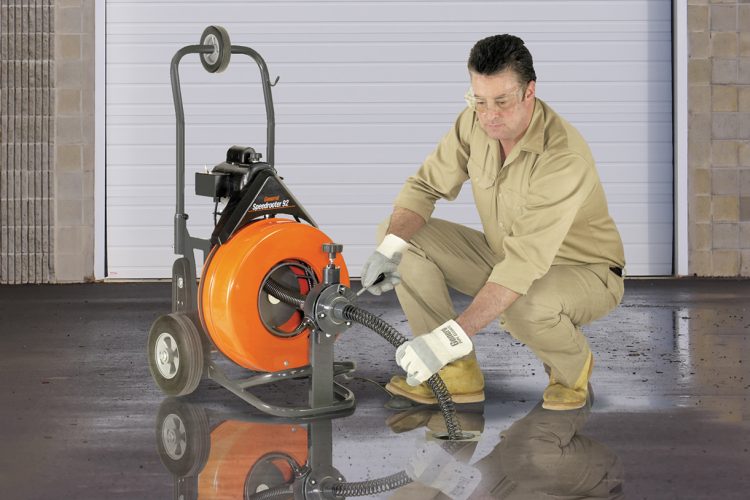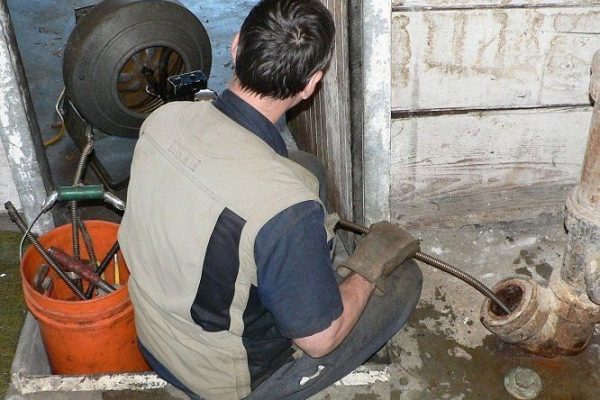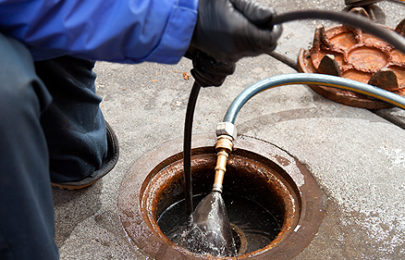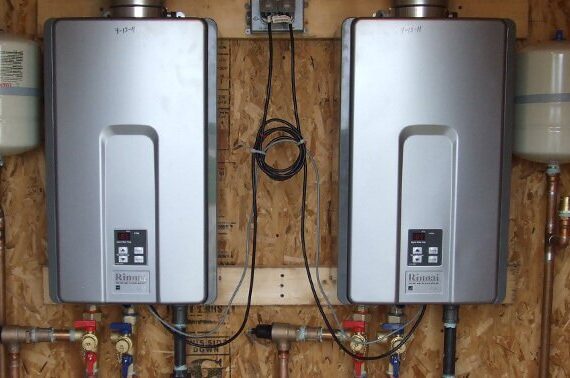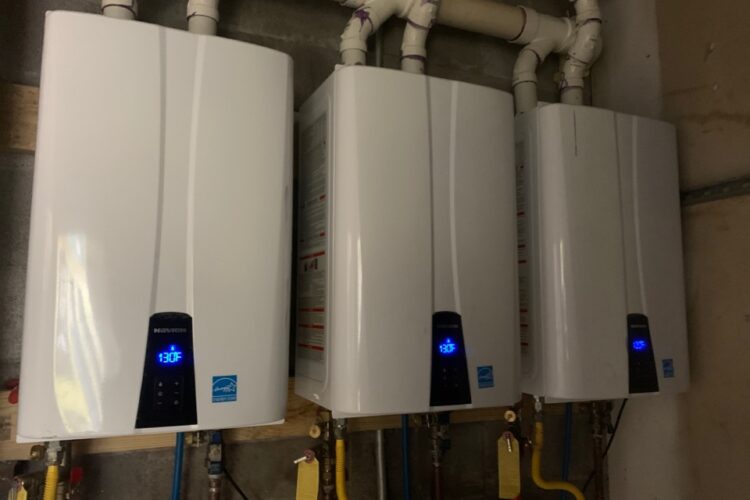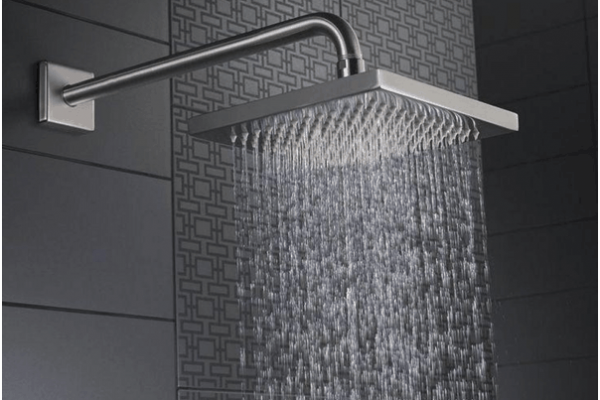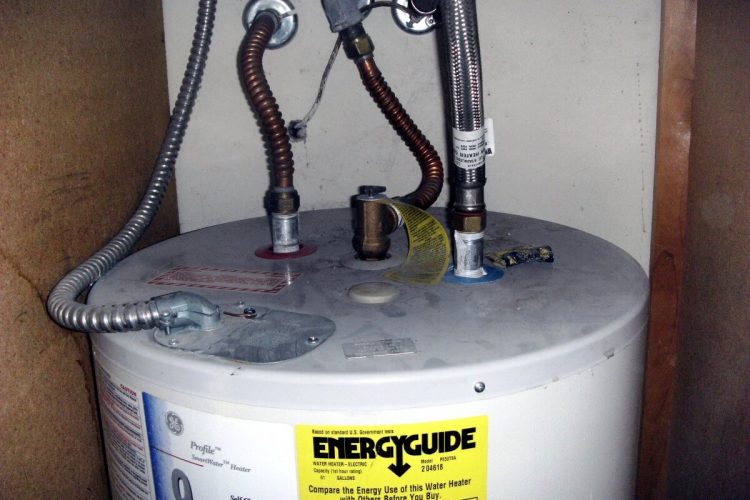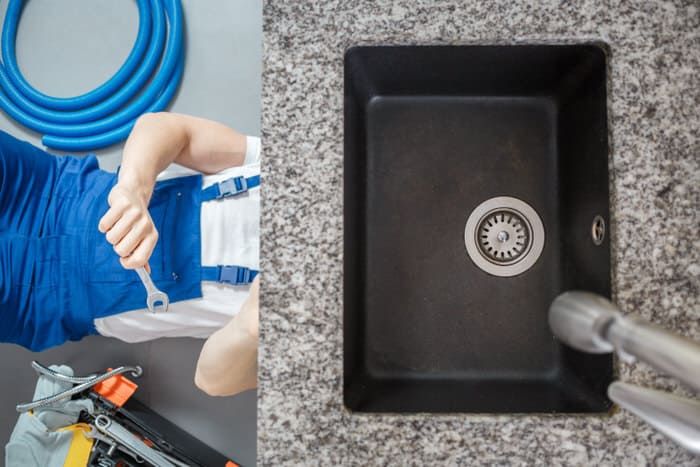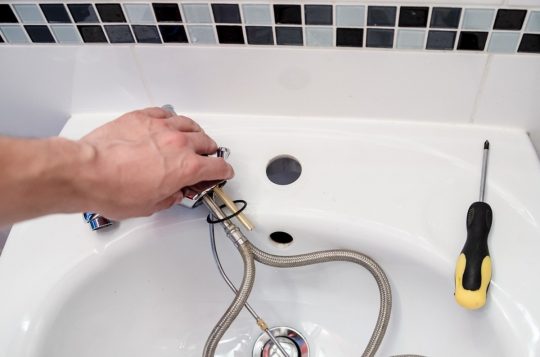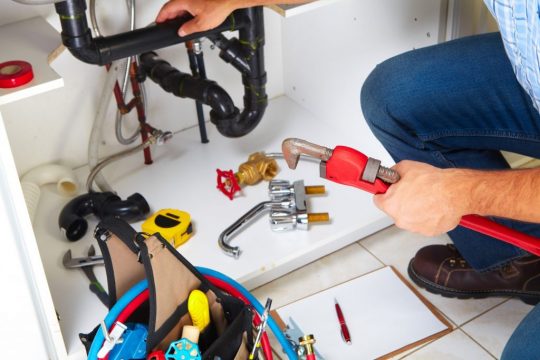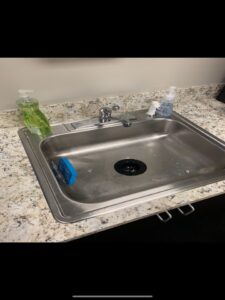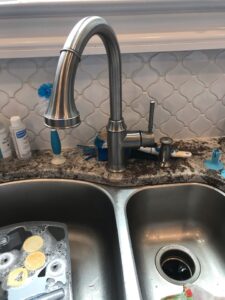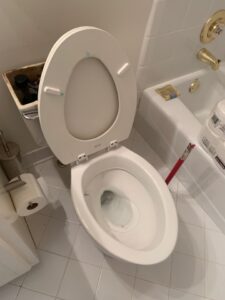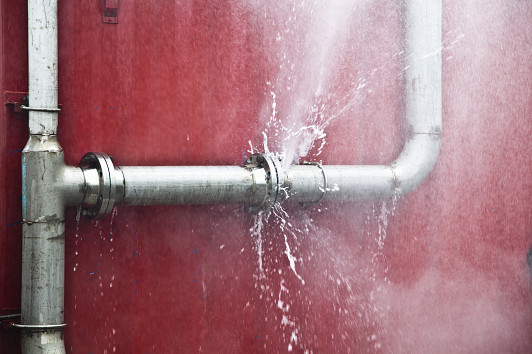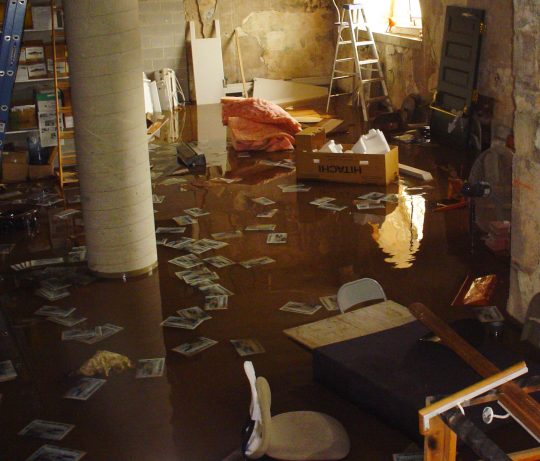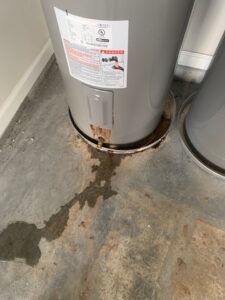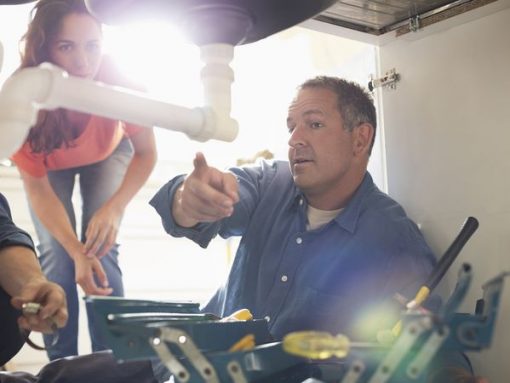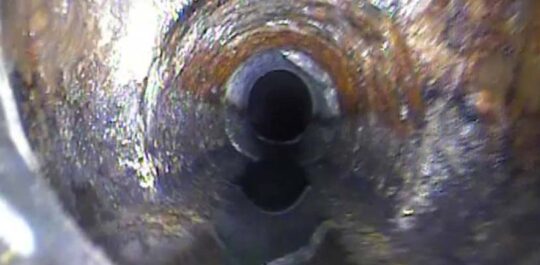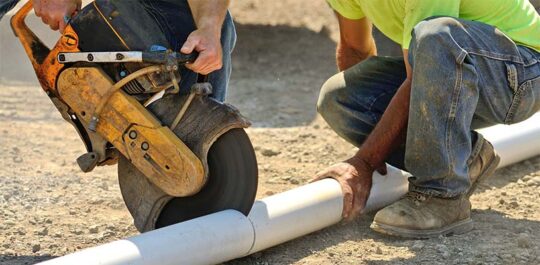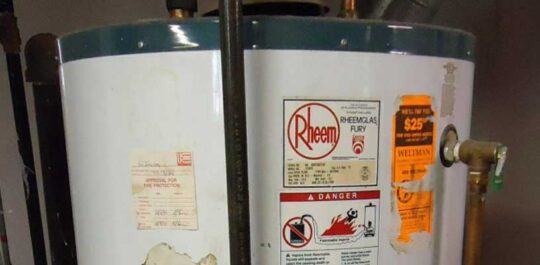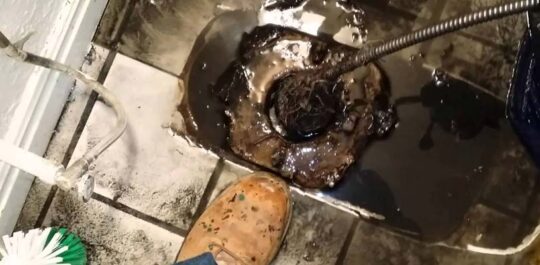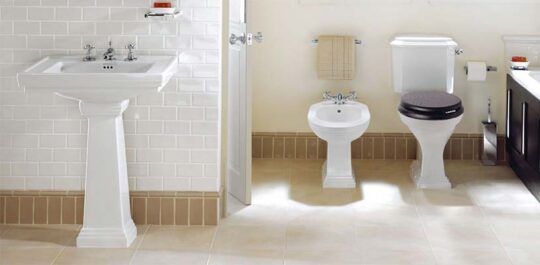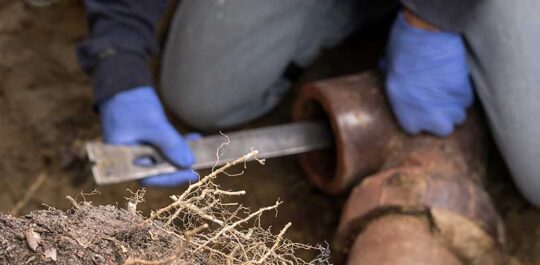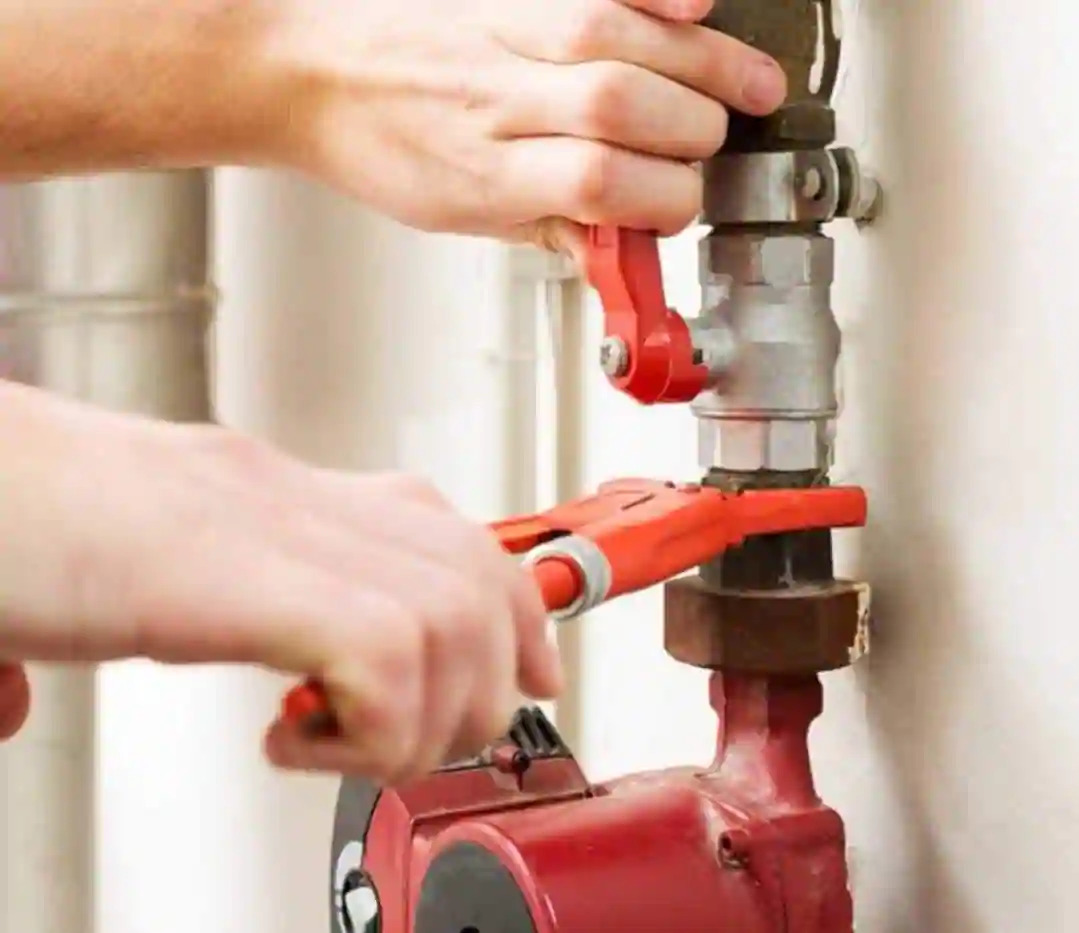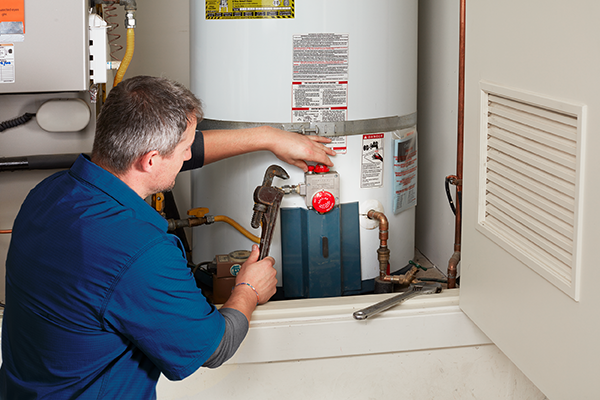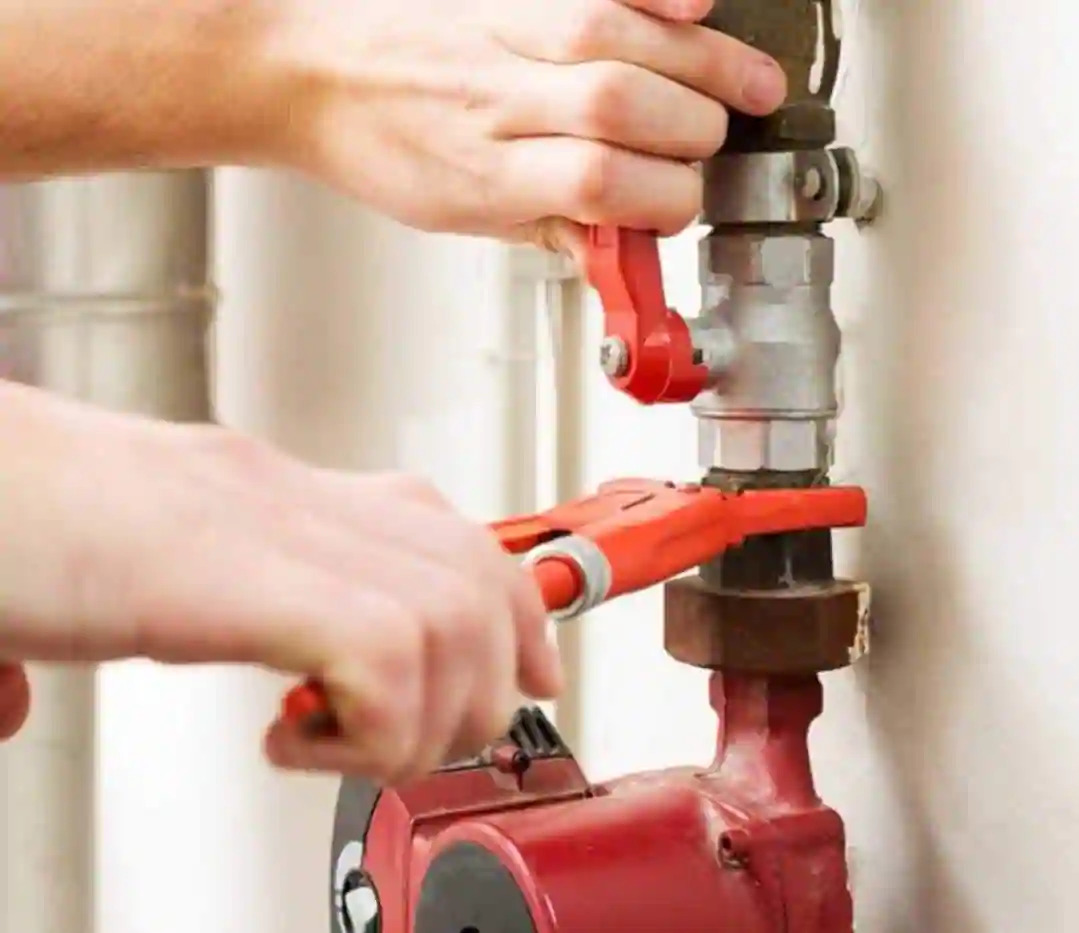SEWAGE EJECTOR PUMP & SUMP PUMPS REPAIR, REPLACE, INSTALLATION SERVICE ATLANTA, GA.
.jpg)
Basement additions are becoming more and more popular. This makes the need for ejector pumps just as in demand. As homeowners make the decision to finish and transform this otherwise dull area of the home, the need for another bathroom arises. When finishing a basement, it often ends up like building an entire other home. Typically homeowners want it to have bedrooms, a kitchen, and living spaces. Installing a bathroom only makes sense to complete the transformation. Adding a bathroom in a basement requires some additional planning. It will call for some extra work such as installing an ejector pump. Careful forethought is necessary to ensure the proper operation of new facilities.
When adding a bathroom in a basement, it is crucial to consider the location of the sewer piping in the area. Homes built on a basement typically have the sewer pipes run along the ceiling of the basement, locating them HIGHER than the potential bathroom. Due to this arrangement, gravity drainage, which is a standard draining operation, will not work. It is now necessary to somehow transfer the wastewater generated by use of the new bathroom, approximately ten feet overhead to the sewer lines. To accomplish this, one must install a sewage ejector pump system.
We Can Save You from Ejector Pump Troubles
Ridgeway Plumbing Atlanta understands how vital ejector pumps are to maintain the sanitation and convenience of having a finished basement. We guarantee that we can provide you with high-quality ejector pump installation or repair. Our company has been in this business for over 150 years. We have extensive knowledge in fixing and installing ejector pumps and other matters related to the plumbing system.
Supposing you have your sewage ejector pump already installed at home, at some point, you will encounter problems with it that only an expert such as Ridgeway Plumbing Atlanta can resolve. Some of the most common problems that may occur include improper pump cycle, issues associated with an aging pump, switch issues, and many others.
At Ridgeway Plumbing Atlanta, we can assure you an expert diagnosis and effective sewage ejector pump repair. We have well-versed technicians who can attend to your needs. Armed with specialized skills and positive attitude, our men are characterized by versatility and can work on your unique pump concerns, even those as specific as installing or repairing Zeller sump pumps. Remember Proper Planning is Key!
What is an Ejector Pump?
An ejector pump is made up of several components; the pump basin, the pump itself, and the discharge and vent lines. To install one of these systems, the first step is to determine the location for the pump based on the fixtures it will service (toilets, sinks, etc.). Then the slab material is removed, and a hole is dug about three feet deep and 2 feet wide. In this hole goes the pump basin, a large heavy-duty plastic “bucket” in which the pump will sit. Then drain lines are routed underneath the slab from the fixtures to the basin via a 4′ diameter hole in the side.
The pump is set in the basin, and the discharge line (the drain line which carries the sewage out of the basin) is connected to it. The electrical line is run out the top of the basin, and the lid is secured on with bolts. This discharge line must, by code, have a check valve and a ball valve installed on it near the pump. A check valve stops any excess sewage from draining back into the basin after a discharge cycle is complete, while a ball valve is a maintenance piece designed to prevent the discharge completely. The discharge line is then piped up and over to the home’s main sewer piping and connected. The pump basin’s vent line must be piped to a vent line near the area.
When the finished bathroom is used, the waste water drains into the pump basin. When the water level reaches a determined depth in the basin, normally about twenty inches deep, a float on the pump becomes inverted, activating the pump’s motor. The pump simultaneously sucks and chops up the basin’s contents, sending the sewage up and out of the basin through the discharge line. A brief, 5-second hum is heard during this process, followed by a quiet “bang,” indicating the pump’s completed cycle. A small dripping sound may sometimes be heard after the pump’s cycle. This comes from a small hole that is supposed to be drilled six inches above the pump’s discharge port in the discharge line. It’s called a weep hole; a small, seemingly insignificant hole which prevents the pump’s motor from locking up due to negative pressure following a cycle.
How long do Ejector Pumps Last?
Ridgeway Plumbing Atlanta’s primary goal is to ensure that your hot water is flowing unhindered from the heater to any place you want, or need, to use hot water. You can rest assured our Atlanta water heater repair service will have our equipment working properly again in no time at all. You can also ask to get your hot water connected to any outlet that is most convenient for you.
Ejector pumps come with a standard 1-year warranty but may last for much longer. Common signs of a failing pump are (of course) flooding, bad odors, odd noises, etc.
If you are experiencing problems with your ejector pumps or want one installed, contact Ridgeway Plumbing Atlanta, and we will promptly reach out to you. We are also open to provide same-day service. We know that any concerns that have to do with an ejector pump must be taken care of immediately. We guarantee that in quick time, our technicians will come knocking at your door, armed with the best equipment and knowledge to provide you with the finest service you deserve.

